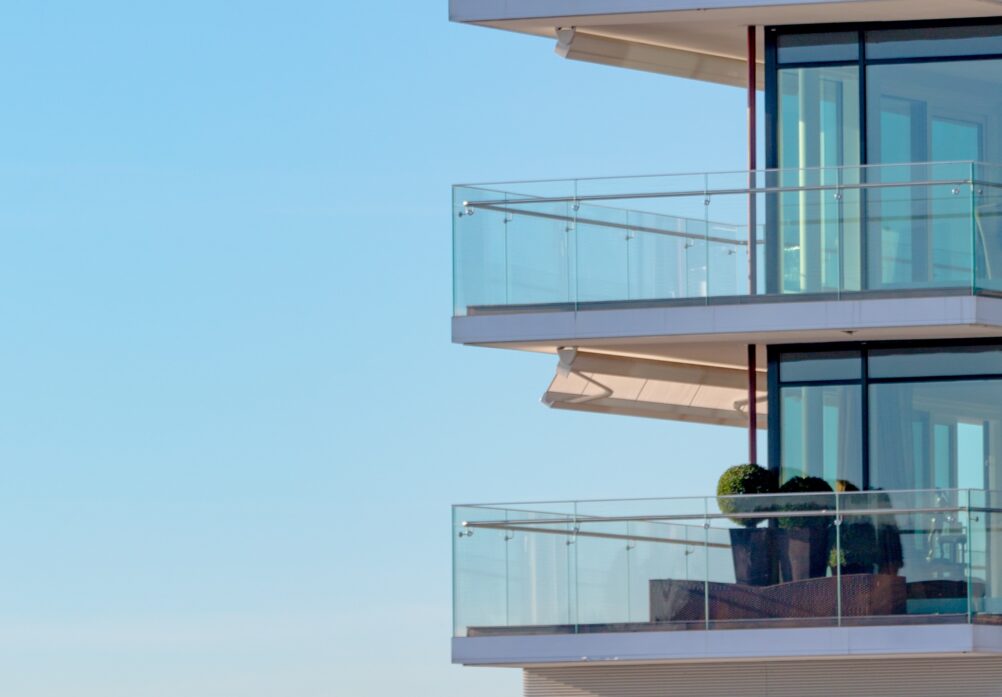by Stanley Feldsott
On August 30, 2019, Governor Gavin Newsom signed Senate Bill 326 into law. This law, which went into effect on January 2020, added §5551 to California’s Civil Code. The added section imposes inspection requirements for “exterior elevated elements” which a common interest development’s association has maintenance or repair responsibilities. This requirement does not apply to associations with fewer than three multi-family dwelling units.
The statute goes on to define “exterior elevated elements” as “load-bearing components together with their associated waterproofing system.” Cal.Civ.Code § 5551(a)(2). This includes balconies, decks, exterior stairways, and walkways. For the sake of convenience, we will collectively refer to them as “Balconies” moving forward.
While it is not intuitive, in most associations, Balconies are exclusive use common area, meaning the association and not the unit owner bears the duty to maintain and repair them.
Additionally, Civil Code § 5551 requires that every nine years an association must have an inspector visually review a “statistically significant” portion of the association’s Balconies to make sure that they are generally safe and in compliance with all applicable standards.
The “statistically significant” requirement is rather unique. Under this approach, only a portion of the applicable Balconies needs to be inspected, as long as the sample reflects the status of the entire association with only a 5% margin of error. Cal.Civ.Code § 5551(a)(4). The statute requires that the inspector determine the sample of units to inspect, so it is extremely important to find a qualified inspector capable of complying with the statuary requirement.
Once the sample is chosen, the inspector must write a report which addresses the following information: (1) the building components observed in the inspection; (2) the physical condition of the Balconies and associated waterproofing system, including if they pose an immediate threat to health and safety; (3) expected future performance and remaining useful life of the Balconies; and (4) recommendations of any necessary repair or replacement of Balconies and waterproofing systems.
After the report is stamped and signed by the inspector, it shall be presented to the board and incorporated into the triannual study already required under Civil Code §5550. If the inspector believes that the state of the balconies poses an immediate safety threat, he must present it to the local code enforcement agency within 15 days. In addition, the association must then take immediate measures to prevent access to the Balconies, while also making the requisite repairs.
While an inspection is not required until January 2025, we would recommend having your first inspection in the same year as your nearest triannual study (reserve study) as required under Civil Code § 5550. By scheduling both in the same year, it will be easier to coordinate the Balcony inspection as part of every third Civil Code § 5550 study. It would also be advisable prior to your next inspection to check your local government and local enforcement agency for ordinances that may impose stricter inspection requirements.
If you have any questions about the new laws, we invite you to call to speak with us personally at (949) 729-8002, and our experienced attorneys will be happy to assist you.

